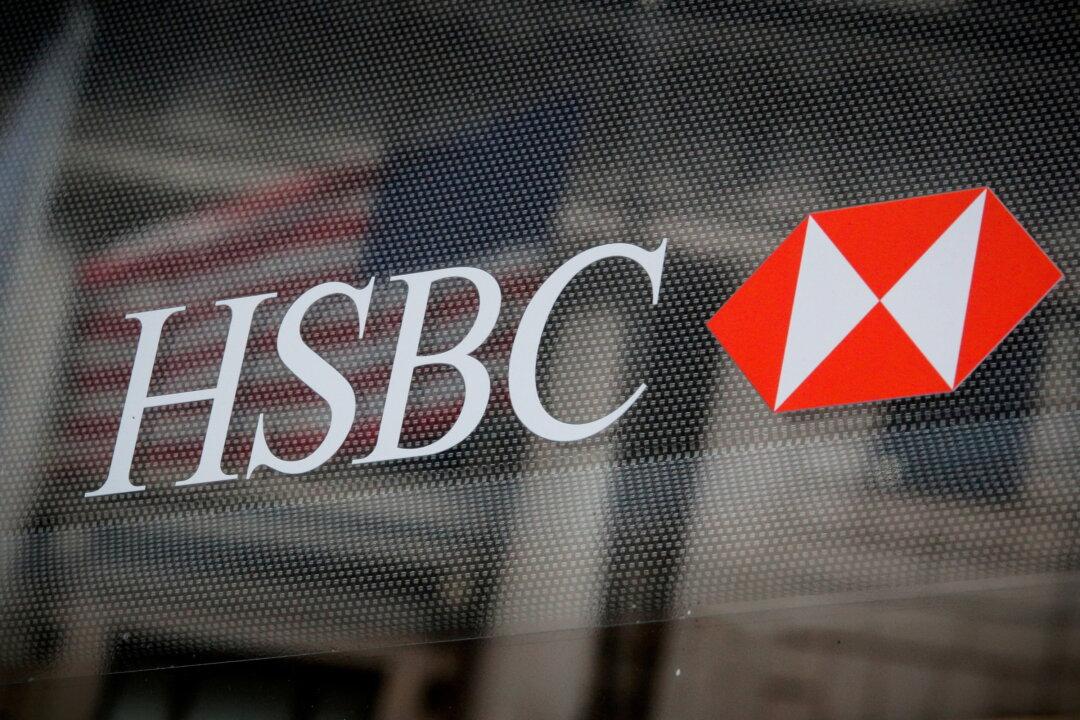A top executive at HSBC Bank has been suspended after criticizing central bankers and policymakers for exaggerating the financial risks of climate change.
The bank, according to a Financial Times report, has suspended Stuart Kirk, who is global head of responsible investing at HSBC’s asset management division. Kirk gained attention at an event last week by accusing climate change alarmists of exaggerating the financial risks in an effort to “out-hyperbole the next guy.”





